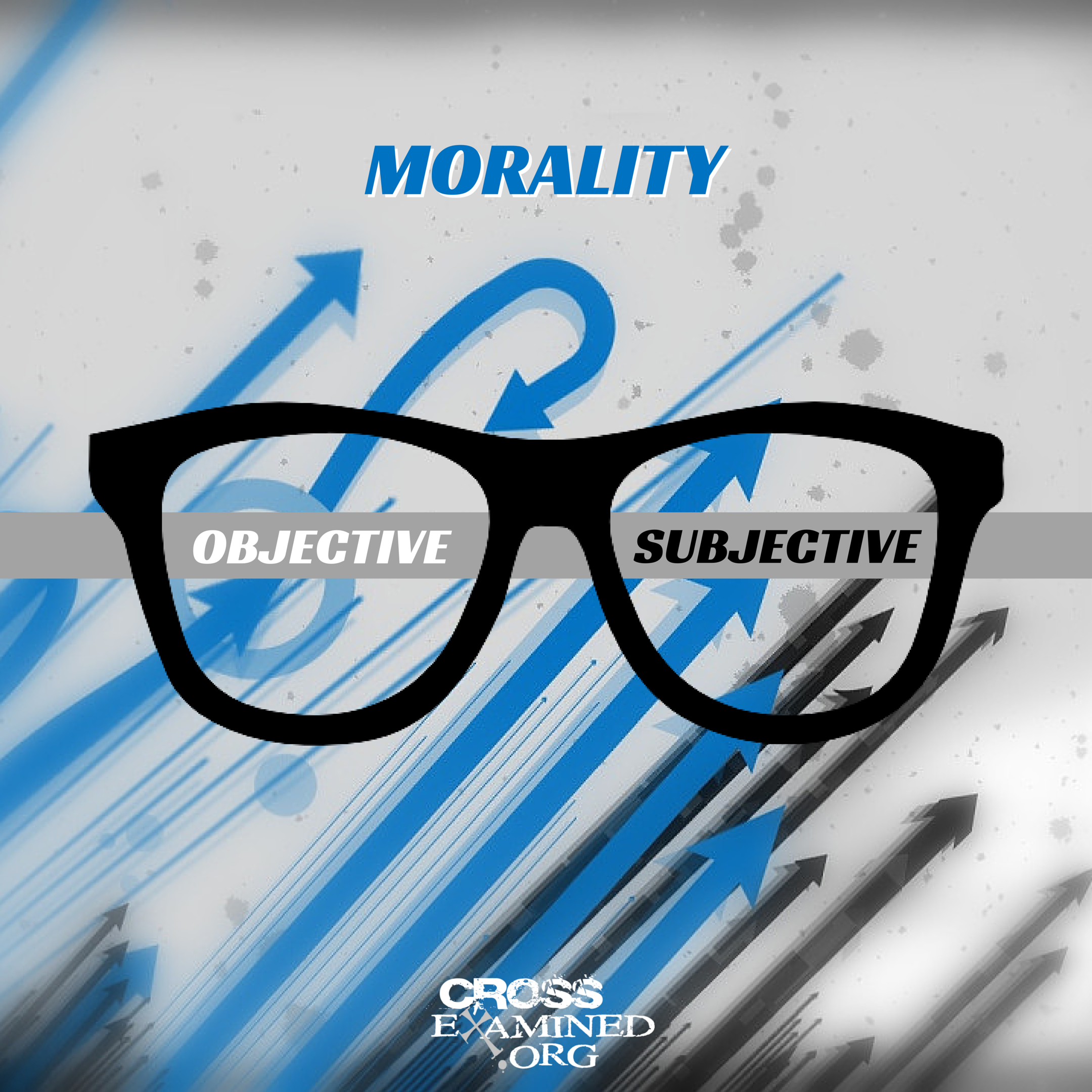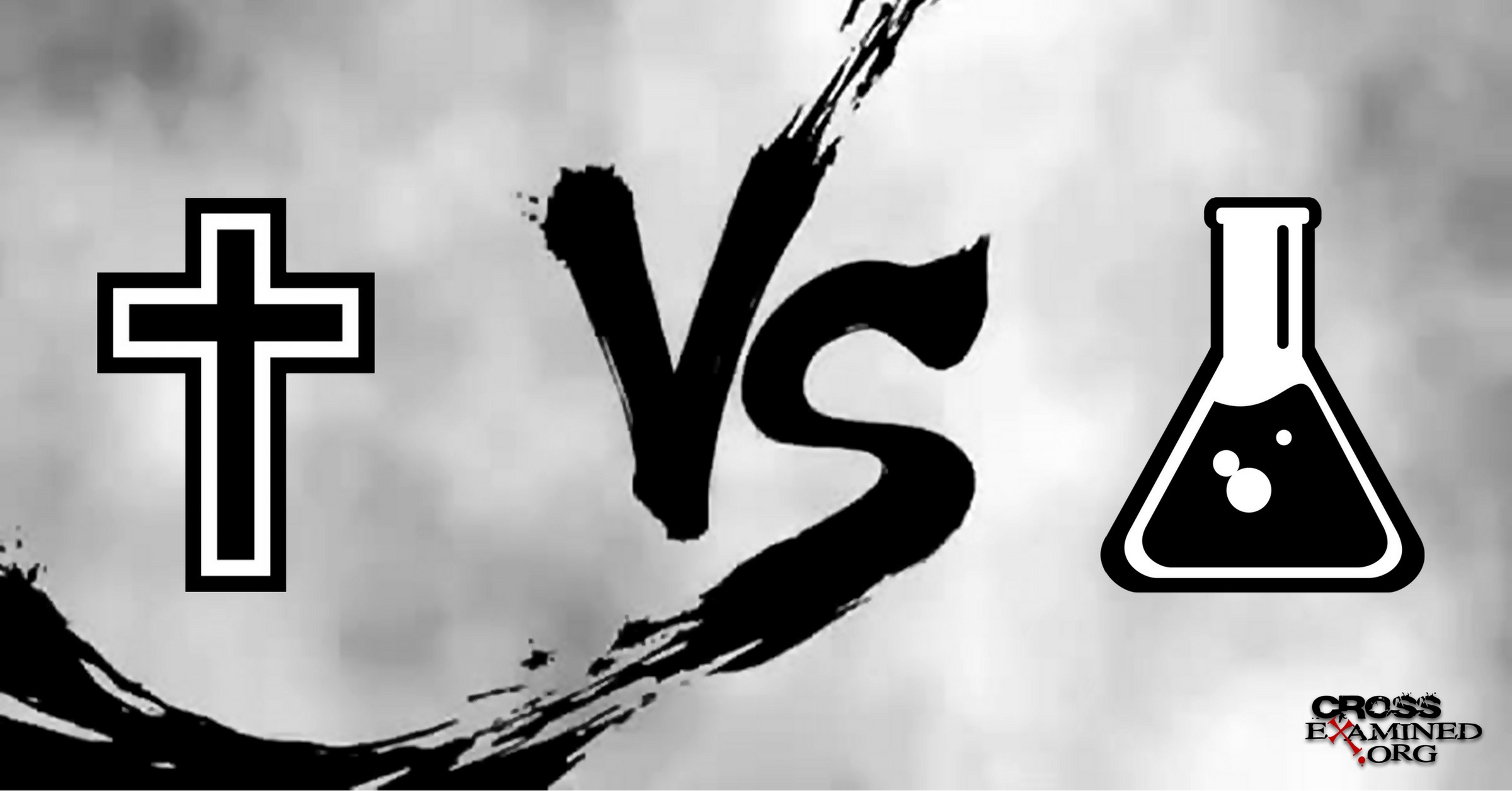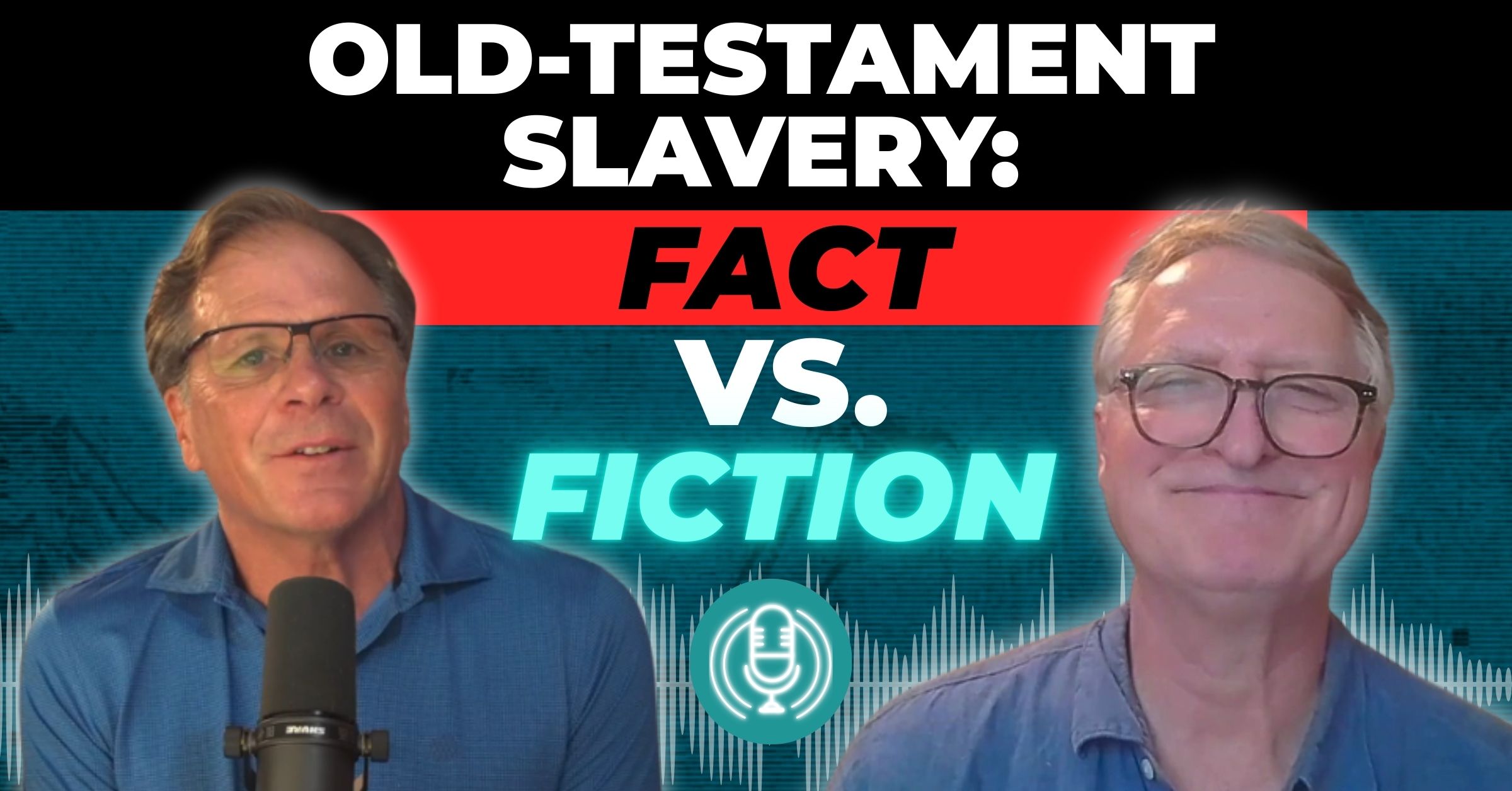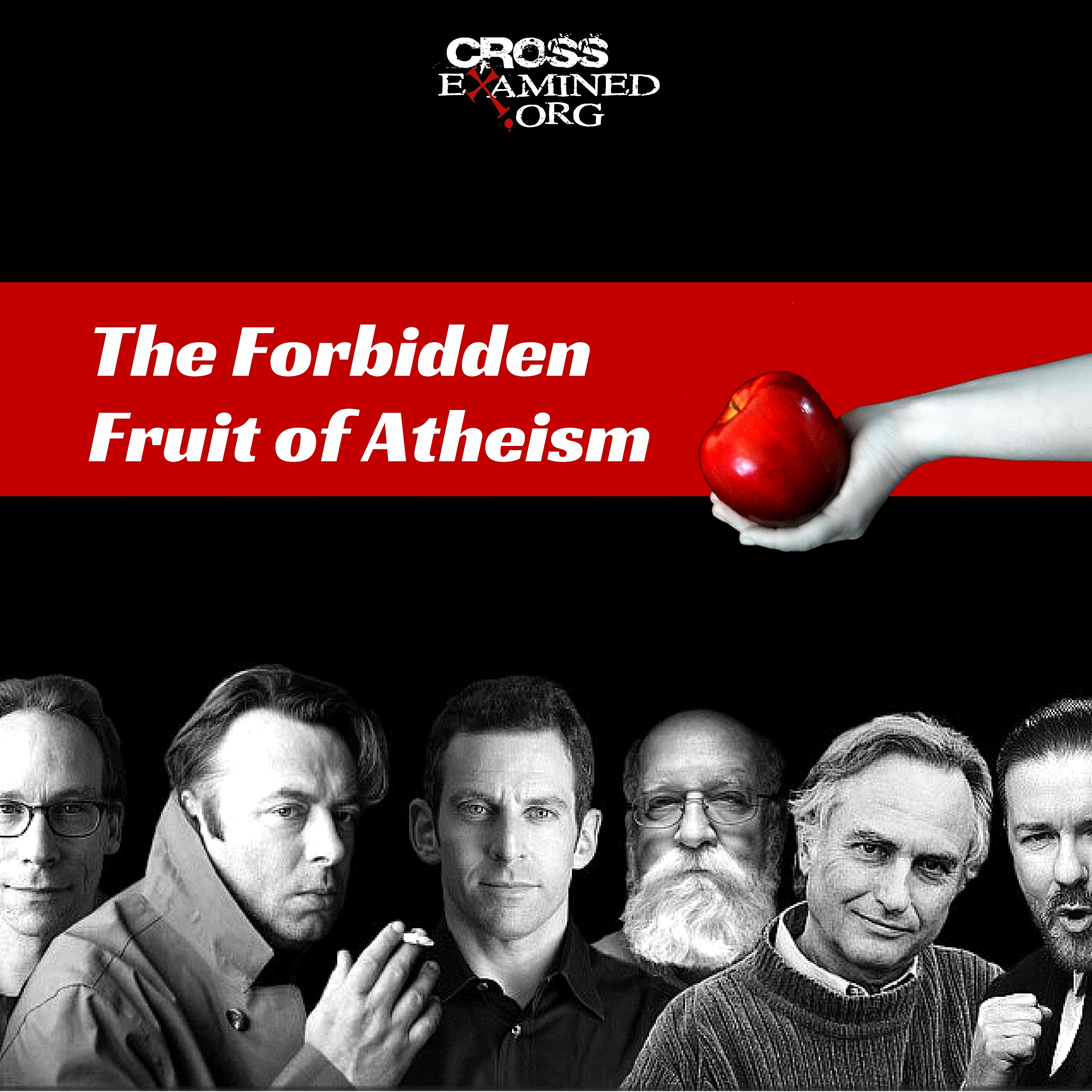The 5 Views of Morality
I recently read Gregory E. Ganssle’s book Thinking about God: First Steps in Philosophy. In his book, Ganssle provides 5 particular views pertaining to morality. As one examine these views, it becomes clear that one view of morality stands above and beyond the value of the other moral opinions. Many of these lesser viewpoints have invaded the mindset of many modern individuals. However, it becomes clear that only one is valid. So, what are the five views of morality?
The Error Theory
Ganssle describes the error theory as one that “holds that there are no moral facts. This theory denies them altogether.”[1] This theory holds that it is factually wrong to claim any form of morality. Thus, one could not say whether it is wrong or not to torture an animal or person. The error theory, while held by some philosophers, could be attributed to some Eastern religions which claim that good and evil are just illusions and not real.
From the outset, one should be able to deduce the great problems found in the error theory. For instance, the one who claims that the error theory is correct will dismiss such a theory the moment the advocate claims some form of an act (i.e. racial discrimination, the Holocaust, terrorist acts, etc.) as wrong. Thus, the error theory collapses upon itself as most everyone will acknowledge the existence of good and bad behaviors.
Individual Relativism
Individual relativism is best explained by the classic phrase, “What’s good for you may not be good for me.” That is, individual relativism is the belief that the individual sets forth his or her own morality. Thus, one person cannot tell another person what is right or wrong according to this theory as each person must decide good from bad themselves.
Upon careful examination, anyone can see the great problem with this theory. For example, if person A (we’ll call him Adam) is driving along and person B (we’ll call him Bob) steals Adam’s car, Adam may say, “Hey, that’s not right.” But according to individual relativism, Bob would be justified in saying, “Hey man, it’s not right for you but it is for me!” However, we all know that it is morally wrong for anyone to steal another person’s car. A judge in a court of law will let Bob know quickly about the failures of his philosophy when sentencing him to jail time.
Why do so many jump on board with this philosophy? I think Ganssle is correct in saying that “I…think that people do not want other people to tell them what to do and that people do not want to tell others what to do. If morals are individually relative, then no one can tell you that something is wrong.”[2] Passivity, however, do not justify wrong thinking. Neither does a prideful heart. Individual relativism implodes the moment the individual relativist is a victim to an immoral act.
Cultural Relativism
Cultural relativists try to correct the problems of individual relativism while maintaining to the idea of moral relativism. The cultural relativist does so by claiming that morality is set by the cultural mores of an area. That is, “What is right or wrong is determined by one’s culture or society.”[3] While cultural relativism holds more of a base than does individual relativism, the theory still holds a major flaw.
Most people are horrified by the ruthless brutality of Adolf Hitler, Joseph Stalin, Pol Pot, and extremist terror groups. However, if one accepts cultural relativism, then there is no basis for condemning such actions. For Hitler, he felt that he was doing the right thing according to his flawed moral viewpoint. Yet, cultural relativists hold no ground to condemn beheadings, gas chambers, and mass bombings if each culture establishes their own moral code. The cultural relativist begins to think more objectively than relative in such cases, as they should.
The Evolutionary Theory of Morality
The fourth theory is called the evolutionary theory of morality. According to this theory, it is held that treating other people in good ways rather than bad helped the human species to survive. Thus, the theory holds that morality falls in line with Darwin’s “survival of the fittest” philosophy. However, it is apparent that the theory holds some flaws.
Ganssle rightly notes that the evolutionary theory of morality “does not explain morality.”[4] Setting aside one’s acceptance or rejection of the evolutionary theory, this moral theory does nothing to define morality. For the evolutionary theorist, morality coincides with a survival of the human species. This brings us to another flaw. Many societies have sought to destroy other groups of human beings. Catastrophic wars do not seem to help the human race survive. Rather than helping the species survive, war often threatens human existence. Wars are fought with both sides thinking they are correct. Therefore this theory tends to find itself in a form of cultural relativism which we have already denounced.
So where does this leave us? It leaves us with the final theory of morality which appears to be the clear choice.
Objective Morality
Thankfully with the failures of the first four models, a fifth option exists. There is the objective morality theory. Norman Geisler defines objective morality as the following:
“Morality deals with what is right, as opposed to wrong. It is an obligation, that for which a person is accountable.
An absolute moral obligation is:
an objective (not subjective) moral duty—a duty for all persons.
an eternal (not temporal) obligation—a duty at all times.
a universal (not local) obligation—a duty for all places.
An absolute duty is one that is binding on all persons at all times in all places.”[5]
Thus, objective moralists view morality as a transcendent reality which applies to all individuals and societies. An objective moral is held by all people. This seems to be the case. While different tribes and societies hold different outlooks on peripheral matters of morality, the core morals are the same especially among those of their own tribe. It is wrong to murder. It is wrong to steal. It is wrong to commit adultery. And so on. Even so, we can conclude that objective morality is the correct viewpoint. Furthermore, we can deduce as did Norman Geisler in that
“Moral absolutes are unavoidable. Even those who deny them use them. The reasons for rejecting them are often based on a misunderstanding or misapplication of the moral absolute, not on a real rejection of it. That is, moral values are absolute, even if our understanding of them or the circumstances in which they should be applied are not.”[6]
Objective morals, thus, point towards the necessity of an objective law (or moral) giver. That objective lawgiver is none other than God.
Sources Cited
Ganssle, Gregory E. Thinking about God: First Steps in Philosophy. Downers Grove: InterVarsity Press, 2004.
Geisler, Norman L. Baker Encyclopedia of Christian Apologetics. Baker Reference Library. Grand Rapids: Baker Books, 1999.
Notes
[1] Gregory E. Ganssle, Thinking about God: First Steps in Philosophy (Downers Grove: InterVarsity Press, 2004), 90.
[2] Ibid., 92.
[3] Ibid., 92.
[4] Ibid., 95.
[5] Norman L. Geisler, Baker Encyclopedia of Christian Apologetics, Baker Reference Library (Grand Rapids, MI: Baker Books, 1999), 501.
[6] Ibid., 502.
Brian G. Chilton is the founder of BellatorChristi.com and is the host of The Bellator Christi Podcast. He received his Master of Divinity in Theology from Liberty University (with high distinction); his Bachelor of Science in Religious Studies and Philosophy from Gardner-Webb University (with honors); and received certification in Christian Apologetics from Biola University. Brian is currently enrolled in the Ph.D. program in Theology and Apologetics at Liberty University. Brian has been in the ministry for over 15 years and serves as a pastor in northwestern North Carolina.
Original Blog Source: http://bit.ly/2zMlpEP












Leave a Reply
Want to join the discussion?Feel free to contribute!